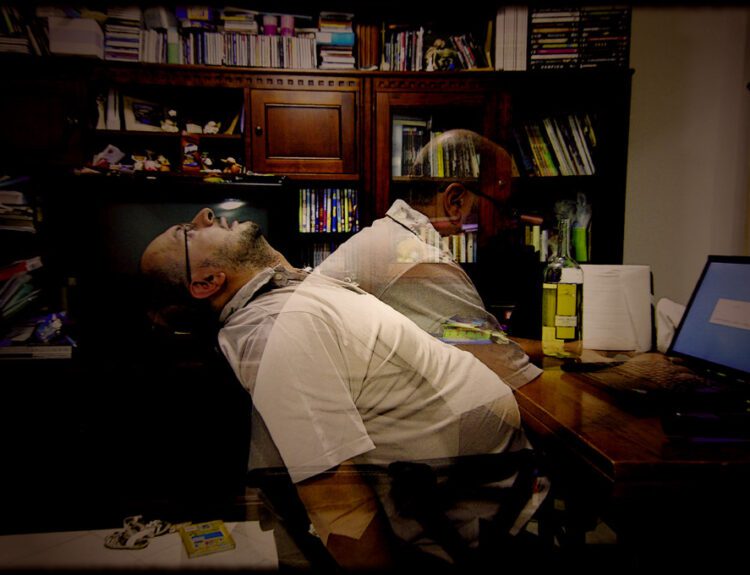Growing up with a narcissistic mother isn’t just emotionally taxing — it can leave deep psychological scars that echo throughout our lives. But recognizing the signs is the first step toward breaking free from that cycle.
Being a narcissist goes far beyond vanity or occasional bragging. It often means a lack of empathy, a need for control, and viewing others — even one’s own children — as tools to serve personal needs.
If you’ve ever questioned your mother’s behavior or your relationship with her has left you feeling confused, guilty, or emotionally drained, you’re not alone. Let’s dive into 8 signs that may indicate your mom is a narcissist and what you can start doing to heal.
1. She Sees You as an Extension of Herself
Your mother didn’t just guide you — she tried to mold you into the person she wished she was. Whether it was pushing you into a career, sport, or lifestyle of her choosing, your desires never really mattered. You were her project, not your own person.
2. She Criticizes You Constantly — But Can’t Take Any Herself
Narcissistic mothers often put up a perfect facade, like a beautiful but fragile Fabergé egg. They’re charismatic on the outside, but inside? Easily threatened. Any hint of critique can unleash rage or emotional withdrawal. Yet, they freely judge and criticize others — especially their own children.
3. She Shares Your Private Moments Without Consent
Embarrassing or deeply personal experiences? She’ll turn them into stories for her friends. Whether it’s when you got your period, your first crush, or something awkward you did as a teen, she’ll broadcast it if it boosts her image or entertains others — without caring how it makes you feel.

4. She Uses Basic Parental Duties as Emotional Leverage
“You have no idea what I sacrificed for you.” Sound familiar? Narcissistic moms will weaponize things like diaper changes, school drop-offs, or financial support to guilt you into lifelong obedience. But here’s the truth: parenting is a choice, and those responsibilities come with it.
5. She Doesn’t Respect Your Boundaries
Set a limit? She’ll bulldoze right over it. Whether it’s how often she calls, what she says, or who she discusses your life with, any attempt to protect your peace will be met with guilt-tripping, anger, or emotional manipulation. “How dare you treat your mother like this?” becomes the go-to response.
6. She Gaslights You Constantly
When you bring up past hurtful behavior, she’ll deny it ever happened — or twist the story to make herself the victim. Suddenly, you were the one out of line, not her. This psychological tactic can leave you doubting your own memory and feelings, and apologizing for things you didn’t do.
7. She Competes With You
Whether it’s appearance, career, relationships, or attention — she always wants to one-up you. She might even flirt with your partners, befriend your friends, or subtly tear you down to feel superior. Her need to stay on top leaves little room for genuine support or connection.
8. She’s Always the Victim
No matter what happens, she’s the one who’s been wronged. She refuses to take responsibility and blames everyone else — especially you. It’s a pattern of emotional martyrdom that forces you into the role of constant apologizer, peacekeeper, or rescuer.
Why Recognizing These Signs Matters
Growing up with a narcissistic mother can lead to a host of challenges later in life — people-pleasing, perfectionism, low self-worth, anxiety, and even choosing similarly toxic relationships. But understanding the root of it can help you stop the cycle.
Steps Toward Healing
1. Set Healthy Boundaries
This is your first line of defense. Remember: boundaries are not about changing her — they’re about protecting you. Whether it’s reducing contact, limiting conversations, or not engaging in guilt traps, you get to choose what’s okay and what’s not.
2. Accept That an Apology May Never Come
Waiting for accountability from someone who refuses to see fault in themselves will only keep you stuck. You don’t need her apology to begin healing — you just need your own permission to move on.
3. Seek Support
Therapy, support groups, or even online communities can help you untangle the emotional knots and reclaim your voice.
Final Thoughts
You’re not selfish for noticing the damage. You’re not ungrateful for setting boundaries. You’re not dramatic for needing space. If this sounds like your story, know that healing is possible. And you don’t have to do it alone.








